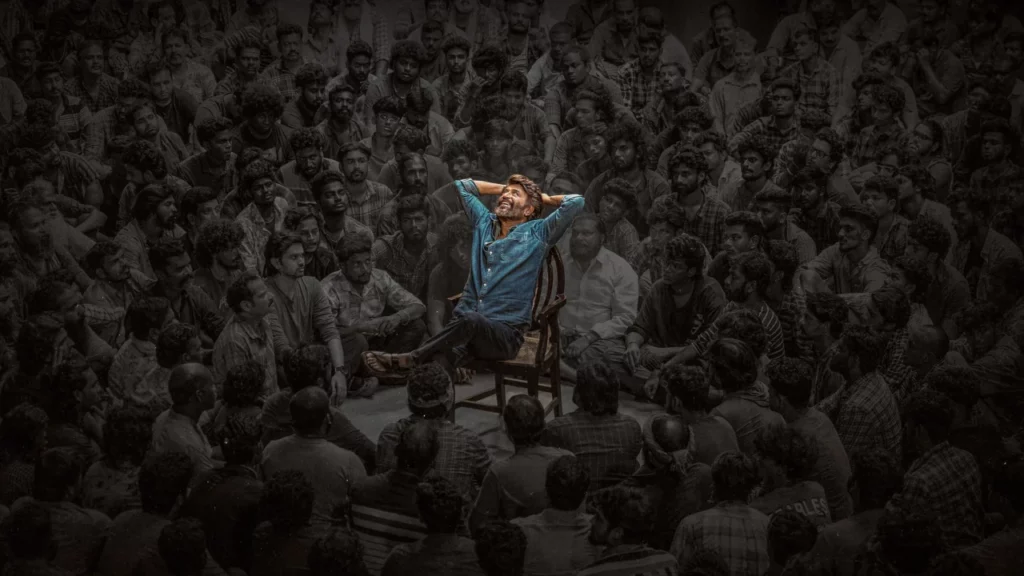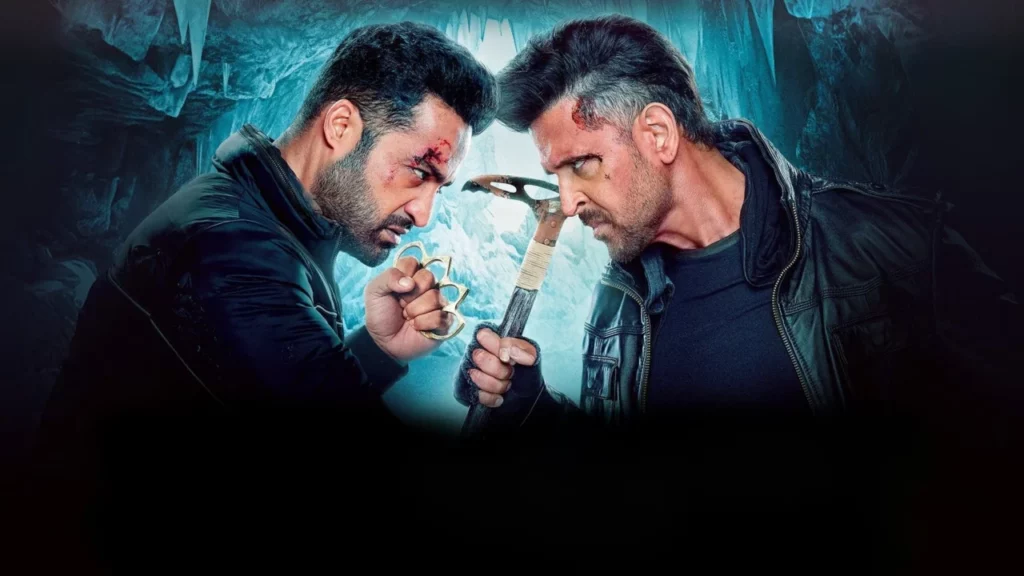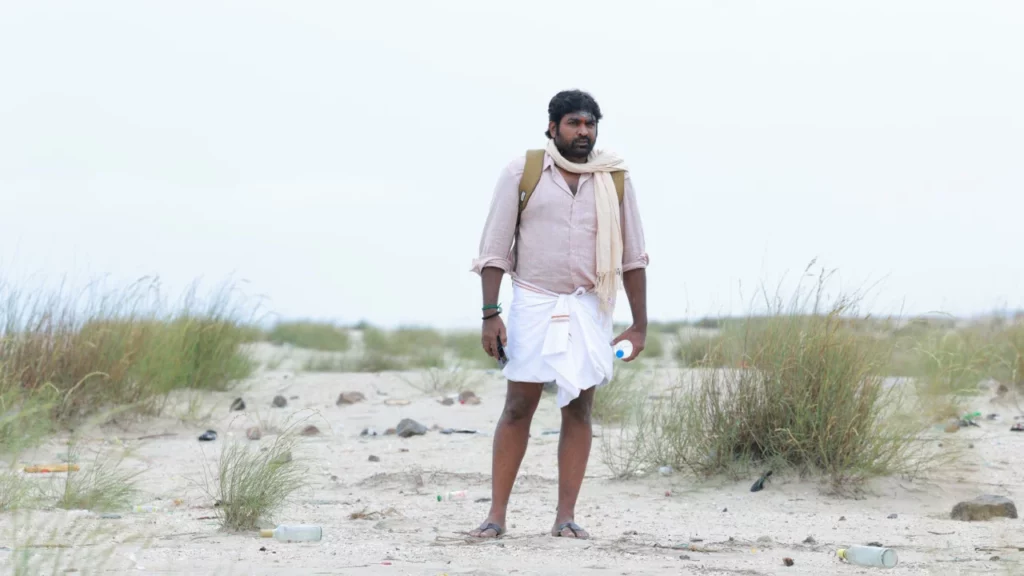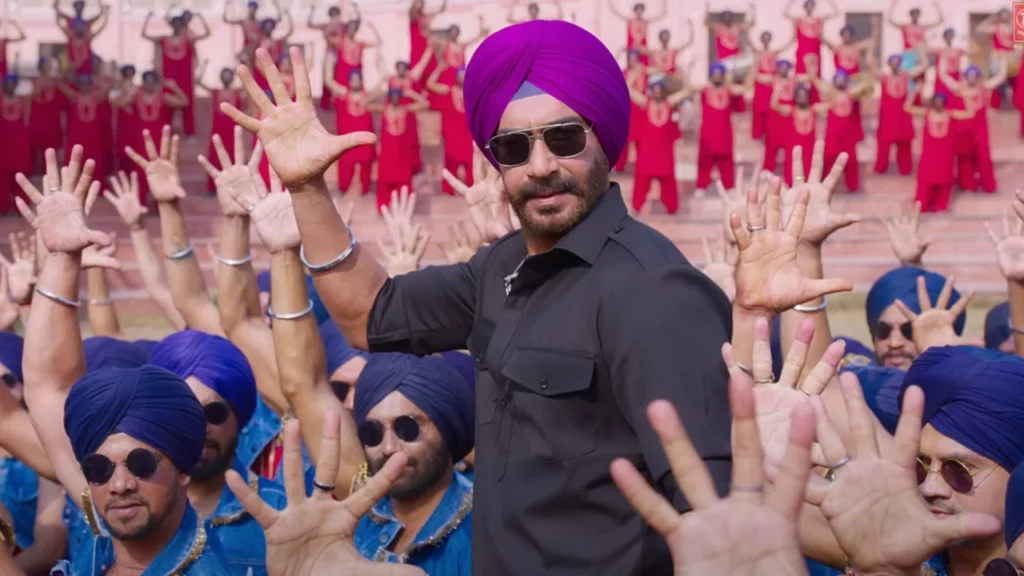
Maa (2025) Movie: Does Kajol Deliver her best in horror genre?
Kajol returns to the silver screen with Maa, a mythological horror film that marks her debut in the horror genre. Directed by Vishal Furia, known for his work on Chhorii, this 2025 release brings together the powerhouse acting talent of Kajol with a spine-chilling narrative. The film explores maternal instincts against dark supernatural forces in a way that feels both fresh and terrifying.
The film features Kajol in the lead role alongside Kherin Sharma, Ronit Roy, and Indraneil Sengupta in supporting roles. Set to release on June 27, 2025, Maa represents a significant departure from Kajol’s usual romantic and family drama roles. The movie combines traditional Indian mythology with contemporary horror elements, creating what the makers describe as a one-of-a-kind mythological horror experience.
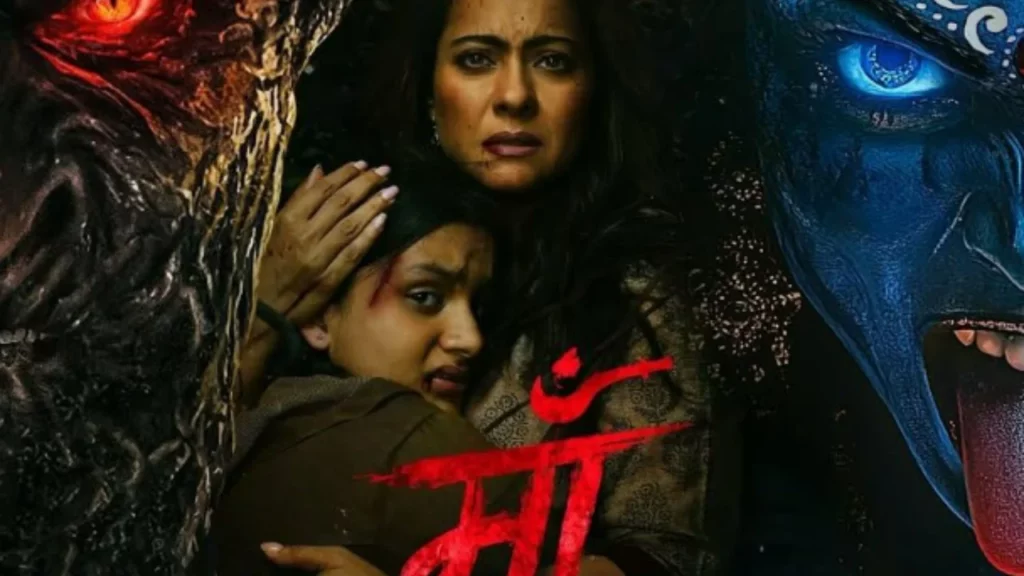
Plot and Storyline
The story revolves around Ambika (Kajol), a devoted mother living in Kolkata with her husband Shuvankar and daughter. When supernatural forces threaten her child’s safety, Ambika must tap into her maternal instincts and inner strength to protect her family. The narrative explores the lengths a mother will go to safeguard her offspring.
What sets Maa apart from conventional horror films is its mythological foundation. Rather than relying solely on jump scares and gore, the movie builds its horror through cultural and spiritual elements. The storyline progresses through various stages of supernatural encounters, each escalating the tension while revealing more about the protagonist’s inner strength.
Cast Performance and Character Analysis
Kajol delivers what critics are calling a powerhouse performance in her role as Ambika. Her portrayal of a mother fighting against supernatural forces showcases her acting range and ability to carry a horror film. I found her emotional scenes particularly noteworthy, demonstrating her ability to convey complex emotions without over-dramatization.
Kherin Sharma, playing Kajol’s daughter, provides adequate support to the narrative. The mother-daughter chemistry works well on screen, creating believable family dynamics that anchor the supernatural elements. Ronit Roy and Indraneil Sengupta contribute to the ensemble with their respective roles, though their screen time appears limited.
Rupkatha Chakraborty shines in her role as Deepika, bringing nuance to what could have been a stereotypical supporting character. However, some characters feel underdeveloped, which affects the overall impact of the ensemble performance.
Direction and Technical Aspects
Vishal Furia’s direction brings his signature style to Maa, though critics have mixed opinions about his execution. His visual storytelling relies heavily on atmospheric tension rather than explicit gore, which works in the film’s favor. The cinematography effectively captures the eerie atmosphere while maintaining the cultural authenticity of the Bengali setting.
However, some critics have pointed out that the execution occasionally feels like TV-serial-like, which detracts from the cinematic experience. The film’s pacing has received mixed reviews, with some finding it engaging from start to finish, while others feel certain sequences drag unnecessarily.
Visual Effects and Production Design
The visual effects in Maa serve the mythological horror narrative adequately, though they don’t break new ground. The production design successfully creates an authentic Bengali household setting while incorporating supernatural elements seamlessly. The makeup and prosthetics department deserves credit for creating believable supernatural transformations.
The overall production value maintains a consistent quality that supports the narrative without becoming a distraction. I appreciated how the practical effects work well in creating the horror atmosphere, though some digital effects sequences feel less polished.
Music and Soundtrack
The musical score complements the horror atmosphere effectively, using traditional Indian instruments alongside contemporary horror music elements. However, critics have noted that a song placement during the climax disrupts the film’s pacing and tension. The sound design plays a crucial role in creating the film’s eerie atmosphere.
Critical Reception and Reviews
Maa has received mixed to positive reviews from critics and audiences alike. Popular review websites have given the film ratings ranging from 3.0 to 3.5 out of 5 stars. Taran Adarsh rated the film 3.5/5, while another critic gave it 3.25/5, calling it a multi-genre experience that carefully blends mythology, horror, action and emotion.
Early overseas reviews have been largely positive, with one critic calling it an extremely well made Horror drama entertainer. However, some reviews have been more critical, pointing out execution flaws and pacing issues.
What Works and What Doesn’t
The film’s greatest strength lies in Kajol’s commanding performance, which anchors the entire narrative. The mythological foundation provides a fresh approach to horror cinema, moving away from Western horror tropes. The emotional core of maternal protection resonates strongly with audiences, giving the horror elements genuine stakes.
The cultural authenticity and Bengali setting add depth to the story. I found that the film successfully avoids over-reliance on jump scares, instead building tension through atmospheric horror. The mother-daughter relationship provides emotional grounding that elevates the material beyond typical horror fare.
However, the film suffers from pacing issues, particularly in the middle act where the narrative loses momentum. Some critics have noted that the execution occasionally feels more suited to television than cinema. The integration of certain musical numbers disrupts the horror atmosphere, and some supporting characters feel underdeveloped.
Final Verdict
Maa represents a commendable attempt to create a uniquely Indian horror experience that celebrates maternal strength while exploring mythological themes. Despite its flaws in execution and pacing, the film succeeds largely due to Kajol’s exceptional performance and the emotional authenticity of its central relationship.
While the film doesn’t revolutionize the horror genre, it provides a solid viewing experience that showcases the potential for mythology-based horror in Indian cinema. The cultural specificity and emotional depth set it apart from generic horror offerings. I believe it’s worth watching for those interested in seeing familiar faces tackle unfamiliar territory.
Rating: 3.2/5


